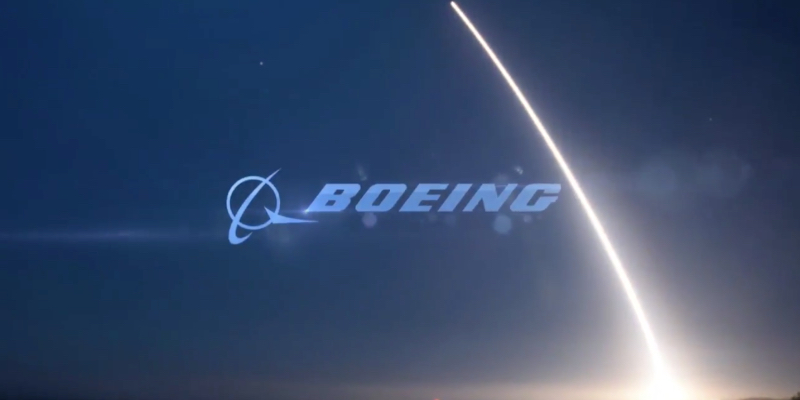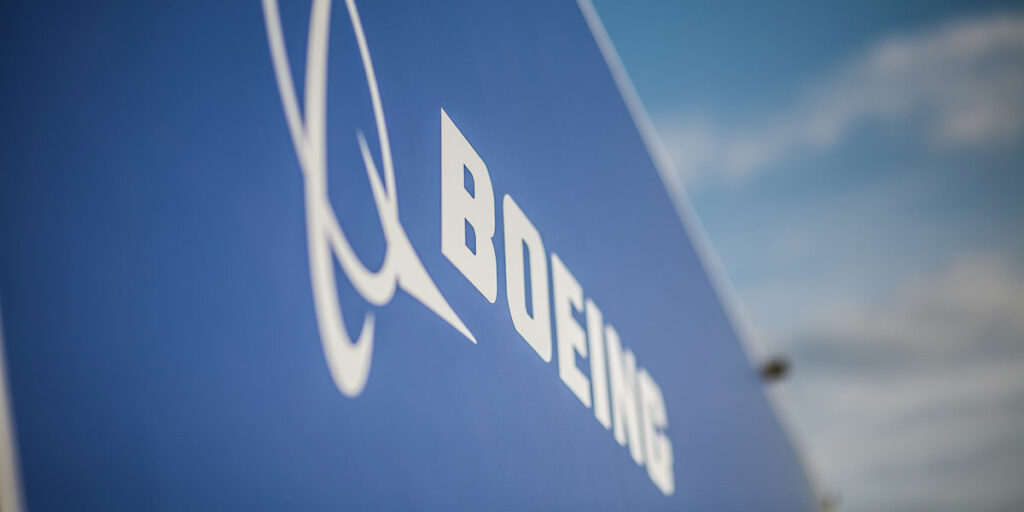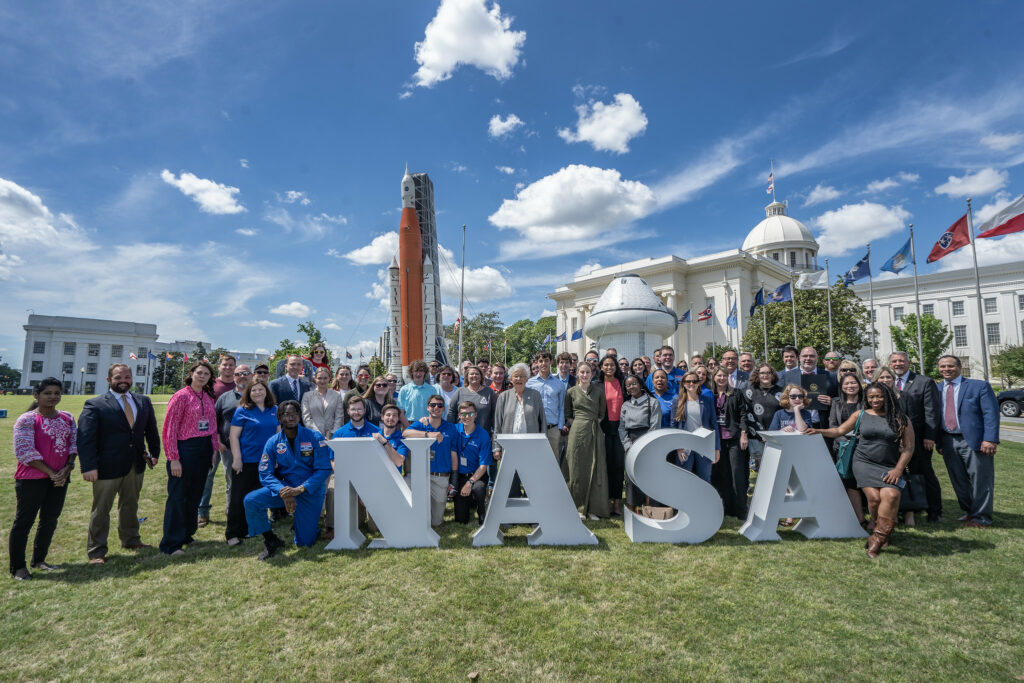Northrop Grumman has rejected Boeing’s offer to partner on building America’s next-generation intercontinental ballistic missile (ICBM) system, a proposal which could mean over 1,000 new jobs in the Huntsville area if implemented.
In 2017, Boeing and Northrop became the final two competitors for the Ground Based Strategic Deterrent (GBSD) program, which will replace the current Minuteman III ICBM. Both companies entered into contracts to develop preliminary designs for the GBSD, with Boeing conducting a portion of this work in Huntsville.
The Air Force at the time announced it would select a winner in 2020 between Boeing and Northrop for the engineering, manufacturing and development phase.
As we refine #Boeing #GBSD preliminary design, partnership with @AFGlobalStrike continues to keep #USAF #ICBM secure & reliable. pic.twitter.com/6VAnse2q8c
— Boeing Defense (@BoeingDefense) August 21, 2017
However, in July, Boeing made the decision to drop out of the program, citing its belief that Northrop’s acquisition of solid-fueled rocket motor manufacturer Orbital ATK, now known as Northrop Grumman Innovation Systems, gave the competitor an unfair advantage. This came after the final request for proposal was issued for the final competition stage.
“After numerous attempts to resolve concerns within the procurement process, Boeing has informed the Air Force that it will not bid Ground Based Strategic Deterrent (GBSD) Engineering and Manufacturing Development (EMD) under the current acquisition approach,” a Boeing statement outlined. “We’ve evaluated these issues extensively, and determined that the current acquisition approach does not provide a level playing field for fair competition.”
Since Boeing dropped out of the competition in July, there have been serious concerns about repercussions for national security and Alabama jobs.
Defense News reported that “external Air Force experts raised concerns that Northrop being the sole bidder on the GBSD could lead to increased costs or delays.”
With Boeing saying it could not hope to compete against Northrop in the given acquisition process, some suggested that the military put together a “national team” and leverage Boeing’s experience on top of Northrop’s monopoly on the building of solid state rockets.
As reported first by Alabama Daily News, this is exactly what Boeing proposed — a partnership between the two defense juggernauts to ensure the crucial GBSD program is as strong, and procured as efficiently, as possible for the American people.
“In our view, the Air Force is best served by putting both us and Northrop Grumman on that project,” said Frank McCall, vice president and program manager of Boeing’s GBSD.
Boeing reportedly explained to the Air Force the significant time and cost savings a team approach between the two companies could result in on the project, cutting the implementation schedule by approximately two years and reducing initial development costs by about 10%.
Despite the apparent benefits to the welfare of the United States, Northrop is seemingly intent on proceeding as the sole competitor.
Last month, the company announced it is beginning work on a new facility in Utah to serve as the headquarters for its GBSD work. The new facility is expected to be completed around the middle of next year and create 2,500 Utah jobs.
And, just on Friday, Northrop Grumman rejected Boeing’s offer of a partnership.
This rejection was lamented by a Boeing spokesperson in a statement.
“In our discussions to date, Northrop Grumman has expressed that they are not interested in partnering with Boeing to form a best-of-industry GBSD team,” he said.
“We are increasingly concerned that the Air Force’s deterrence mission and the nation’s security will be deprived of the best solution – a proven approach that leverages both companies’ technical strengths and decades of ICBM experience,” the Boeing statement concluded.
The GBSD program is expected to cost approximately $85 billion over its lifespan.
The program will handle the land-based element of America’s nuclear triad.
Sean Ross is the editor of Yellowhammer News. You can follow him on Twitter @sean_yhn













